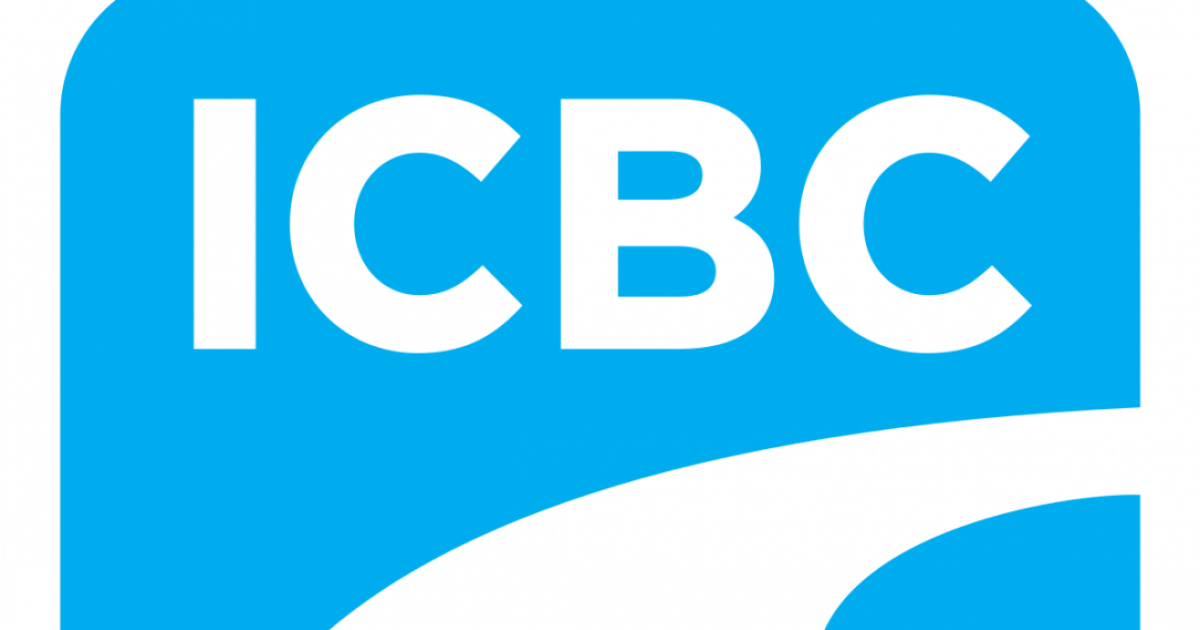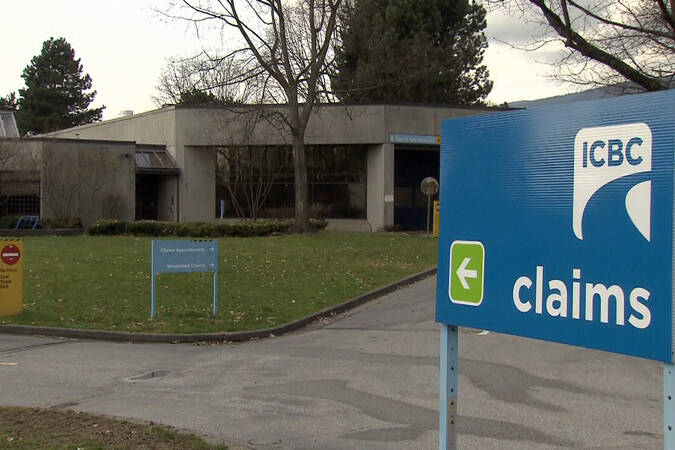Choosing the right insurance coverage is a critical decision for vehicle owners. It not only affects your peace of mind but also your financial stability in the event of an accident or other incident. In British Columbia, the Insurance Corporation of British Columbia (ICBC) offers mandatory basic insurance, but many drivers ponder whether they should also opt for comprehensive insurance. This article will delve into the intricacies of comprehensive insurance versus basic ICBC coverage, helping you make an informed decision.
Understanding Basic ICBC Insurance
What is Basic ICBC Insurance?
Basic ICBC insurance is the mandatory minimum coverage required for all vehicles registered and driven in British Columbia. This foundational policy provides the essential protection needed for drivers to legally operate their vehicles.
Coverage Provided by Basic ICBC Insurance
Basic ICBC insurance includes several critical components:
- Third-Party Liability: This coverage protects you if you are found legally responsible for injuries or damages to others in an accident. It covers legal fees, medical costs, and property damage up to a certain limit.
- Accident Benefits: These benefits cover medical expenses, rehabilitation costs, and a portion of lost wages for you and your passengers if injured in an accident, regardless of who is at fault.
- Underinsured Motorist Protection (UMP): This provides protection if you are involved in an accident with a driver who has insufficient insurance to cover the damages.
- Hit-and-Run Coverage: This component covers damages and injuries resulting from an accident caused by an unidentified or uninsured driver.
Limitations of Basic ICBC Insurance
While basic ICBC insurance covers significant aspects of liability and personal injury, it has several limitations:
- No Coverage for Your Vehicle’s Damage: Basic ICBC insurance does not cover repair costs for your vehicle if it is damaged in an accident, regardless of fault.
- Limited Protection Against Non-Collision Incidents: It does not protect against theft, vandalism, or natural disasters.
- Potential Out-of-Pocket Expenses: Without additional coverage, you may face substantial out-of-pocket costs for repairs and replacements.
Comprehensive Insurance: An Overview
What is Comprehensive Insurance?
Comprehensive insurance is an optional coverage that extends beyond the basic ICBC insurance. It provides broader protection for a wide array of incidents that may damage your vehicle, not just those involving collisions.
Coverage Provided by Comprehensive Insurance
Comprehensive insurance covers a range of incidents, including:
- Theft: Protection if your vehicle is stolen or damaged during a theft attempt.
- Vandalism: Covers repairs if your vehicle is deliberately damaged.
- Natural Disasters: Protection against damage from events like floods, earthquakes, and severe weather conditions.
- Fire: Covers damage caused by fire, whether accidental or due to an external source.
- Falling Objects: Protection against damages from falling objects such as tree branches or debris.
- Animal Collisions: Covers damage from collisions with animals, which can be especially relevant in areas with high wildlife populations.
Benefits of Comprehensive Insurance
- Financial Protection: Reduces the financial burden by covering a wide array of potential damages.
- Peace of Mind: Provides assurance that your vehicle is protected against various unforeseen events.
- Enhanced Security: Often required if your vehicle is financed or leased, as lenders prefer the additional protection.
Comparing Comprehensive Insurance with Basic ICBC
Cost Considerations
Basic ICBC Insurance Costs
The cost of basic ICBC insurance is influenced by several factors, including:
- Driving Record: A clean driving record typically results in lower premiums.
- Vehicle Type: More expensive or high-performance vehicles may incur higher premiums.
- Location: Urban areas with higher traffic densities may see higher rates due to increased risk of accidents.
Comprehensive Insurance Costs
Comprehensive insurance generally adds to your premium costs, but it can vary widely based on:
- Coverage Limits: Higher limits and lower deductibles increase the premium.
- Vehicle Value: More valuable vehicles attract higher premiums due to higher replacement or repair costs.
- Personal Factors: Age, driving history, and claims history can affect rates.
Coverage and Protection
Basic ICBC Insurance
Basic ICBC insurance offers crucial protection but falls short in covering vehicle damage and non-collision incidents, leading to potential out-of-pocket expenses.
Comprehensive Insurance
Comprehensive insurance fills these gaps by offering extensive protection against various risks, significantly reducing the financial impact of non-collision damages.
Convenience and Peace of Mind
Basic ICBC Insurance
While it provides necessary legal coverage and some protection, basic ICBC insurance may leave you worrying about potential out-of-pocket expenses for vehicle repairs and replacements.
Comprehensive Insurance
Comprehensive insurance enhances peace of mind by ensuring your vehicle is protected against a broader range of risks, offering a more holistic approach to vehicle insurance.
When to Consider Comprehensive Insurance
Vehicle Value and Condition
If you own a high-value vehicle or one that would be costly to repair or replace, comprehensive insurance is advisable. This is especially true for new or luxury vehicles.
Financial Stability
Evaluate your financial ability to cover potential repair or replacement costs out-of-pocket. If an unexpected expense would significantly strain your finances, comprehensive insurance is a prudent choice.
Geographic and Environmental Factors
Consider the environment in which you drive and park your vehicle. Areas prone to theft, vandalism, or extreme weather events increase the relevance of comprehensive coverage.
Personal Risk Tolerance
Assess your comfort level with risk. If the thought of potential vehicle damage or loss causes you significant concern, comprehensive insurance offers a more secure option.
Conclusion: Is Comprehensive Insurance Worth It?
Deciding between basic ICBC insurance and comprehensive insurance depends on various personal factors, including your financial situation, vehicle value, and risk tolerance. While basic ICBC insurance provides essential coverage for legal and liability purposes, comprehensive insurance offers a more extensive safety net, protecting against a wider range of incidents that could damage your vehicle.
In conclusion, if you seek greater peace of mind and financial protection, comprehensive insurance is worth considering. It mitigates the risk of substantial out-of-pocket expenses and ensures that your vehicle is well-protected against various unforeseen events. On the other hand, if your vehicle is older or of lower value, and you are comfortable bearing the risk of potential repairs or replacements, basic ICBC insurance might suffice.
Ultimately, the choice between comprehensive insurance and basic ICBC should be made based on a careful assessment of your individual needs, preferences, and circumstances.
The Benefits of Emergency Towing Services
In the unfortunate event of a vehicle breakdown or accident, having access to reliable emergency towing services can be a lifesaver. Services like Emergency Towing ensure that you are never stranded, regardless of the time or location of your vehicle’s failure. These services are designed to respond quickly and efficiently, providing immediate assistance and minimizing the inconvenience and potential danger of being stuck on the roadside. The peace of mind that comes with knowing you can call for help at any hour of the day or night is invaluable, particularly for those who frequently drive long distances or in remote areas.
Choosing a Trusted Towing Company
When selecting a towing service provider, it’s crucial to choose a reputable company that you can trust to handle your vehicle with care. A well-regarded Towing Company in Burnaby offers a range of services, including 24/7 emergency assistance, ensuring that help is always available when you need it most. These companies are equipped with state-of-the-art tow trucks and trained professionals who can manage a variety of roadside emergencies, from simple breakdowns to complex accident recoveries. By opting for a trusted provider, you can be assured of prompt, professional service, reducing the stress and hassle associated with unexpected vehicle troubles.






Recent Comments